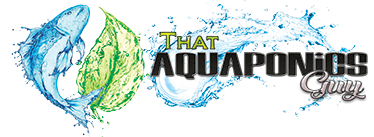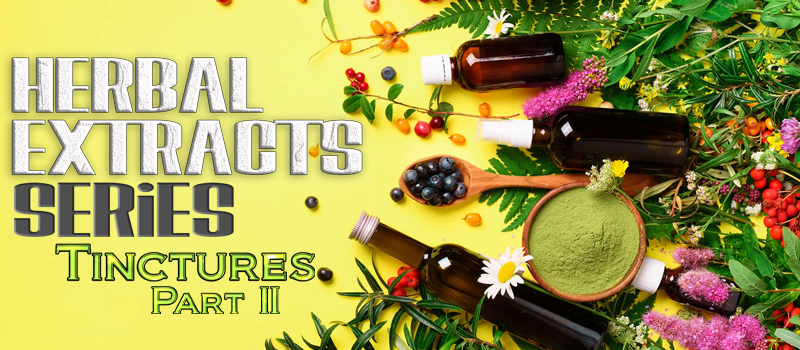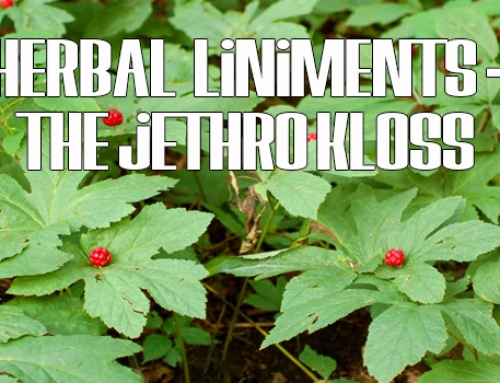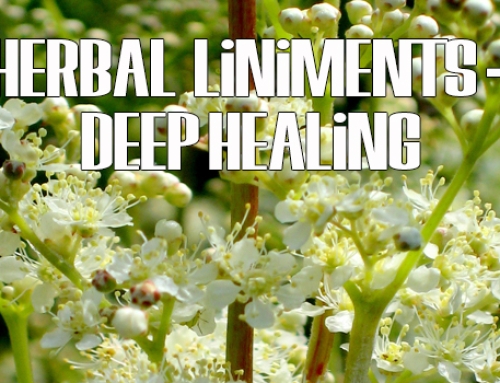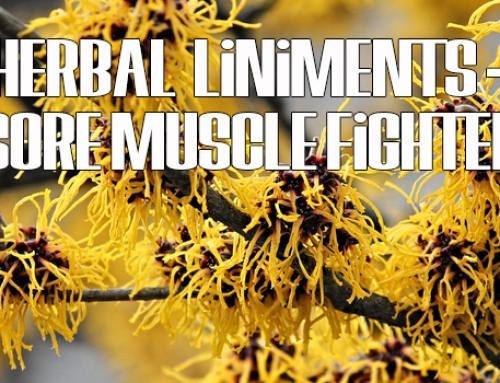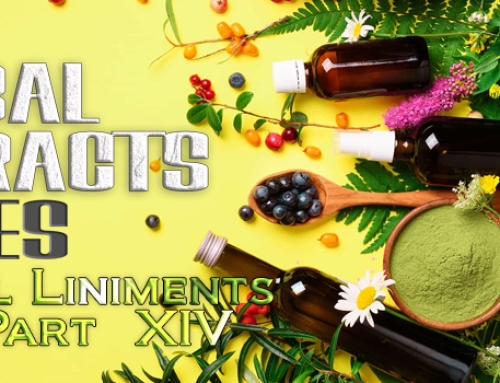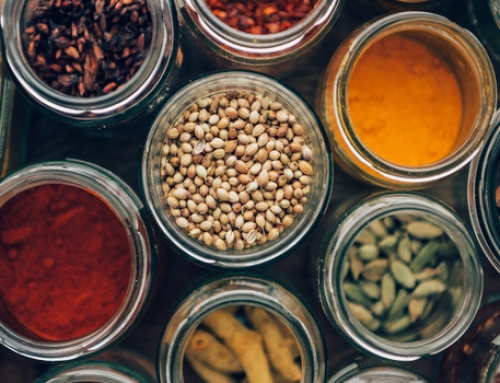What on earth are herbal extracts?
There are certain health promoting compounds that can be found in the plants around us, whether they be wild or cultivated. Herbal extraction is the process of drawing out the therapeutic components of a chosen herb or plant. In many cases, the beneficial compounds we want are tucked away within fibrous material of the plant that is challenging for our digestive systems to fully break down. You can use herbal extracts to help solve this problem by increasing bio-availability.
Each extraction can be singular (one plant or herb and concentrated compound) or there can be a combination of herbs together for a larger desired effect, but most of the time you will see these in a liquid based form ready to be ingested.
The liquid used to extract an herb is called a solvent or the carrier, or in traditional herbal language the menstrum. it is the means by which the wanted compounds can be best introduced to your bodily systems. Common solvents are water, alcohol, vinegar, and glycerin. Each solvent has specific things it’s good . . . and not so good . . . at drawing out, so you use different ones based on the type of herb you’re working with, and the desired effect you want have.
We’ll start with the most known type of extraction . . .
Extractions/Tinctures – Part II
While teas and decoctions draw out many of the beneficial compounds found in herbs, there are some that they leave behind. Tinctures can use alcohol, raw apple cider vinegar or vegetable glycerin for extraction. 80% or higher alcohol is very good at pulling out most constituents, especially “hard to get” compounds that are prized for their therapeutic value.
On the otherhand, herbal teas are able to extract some compounds that tinctures don’t. For example, alcohol doesn’t work well with mucilaginous herbs like marshmallow root. There is no “best” extraction method – only the best one for a given situation.
Because of the concentration of the compounds from the herbal blend you put into a Tincture Jar, it is a method that you can more often utilize to get the best results you are looking to have. Here are a few tips as you are putting things together:
You can use either fresh or dried herbs. For fresh herbs is a 1:2 ratio of Herbs to Carrier Liquid (alcohol, or apple cider vinegar) If you want to use dried herbs it is a 1:5 ratio with your chosen extracting liquid.
For those jars that have the plastic seal lids, you can put parchment paper between the bottle and the lid to help prevent the dissolving of the seal of the lid to keep it as airtight as possible for the 6 to 8 weeks you steep the tincture.
Lastly, as we have briefly mentioned above there are three ways to produce a tincture. With any preferred alcohol that is 80% proof or more, Brandy, Rum, Vodka, etc. If you aren’t partial to the spirits, you can use Apple Cider Vinegar. Make sure it is raw, unfiltered that contains the mother. The last way is via Glycerin that we will detail in the next section.
Tinctures are:
- Concentrated – Need only take it in small doses.
- Quickly absorbed – Making them “fast-acting” and felt faster in your system.
- Great for herbs that are generally bitter – You can achieve therapeutic levels without having to drink multiple cups of bitter tea.
- Longer affecting – They have the longest shelf life of any herbal extract as well as sustainability within the body’s systems.
- Versatile – Can be used both internally and externally
- Portable – Tincture dose bottles (either amber or cobalt blue glass – no plastics, or metals) can be carried easily in a bag or stashed in a drawer at work, and are ready to take as soon as you need them.
Tincture recipes to try:
- Healthy Heart Elderberry Hawthorne Tincture
- Mood Boost Tincture
- Valerian Root Sleep Aid Tincture
- Adapt & Thrive Tincture
In this series you will be able to see and gain recipes for your home apothecary remedies that will become the mainstay in your household. Here’s what you can see and learn more of:
- Teas – Infusions and Decoctions
- Tinctures
- Glycerite
- Herbal Syrups
- Herbal Oils & Salves
- Herbal Vinegars
- Herbal Honeys
- Oxymels
- Distillations
- Elixirs
- Electuaries
- Herbal Soaks
- Compresses & Poultices
- Liniments
Come and join us in bringing back the knowledge known by our ancestors and practiced for the health and benefit of those that came before us!
